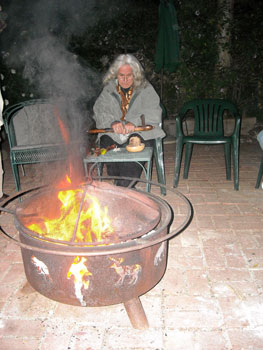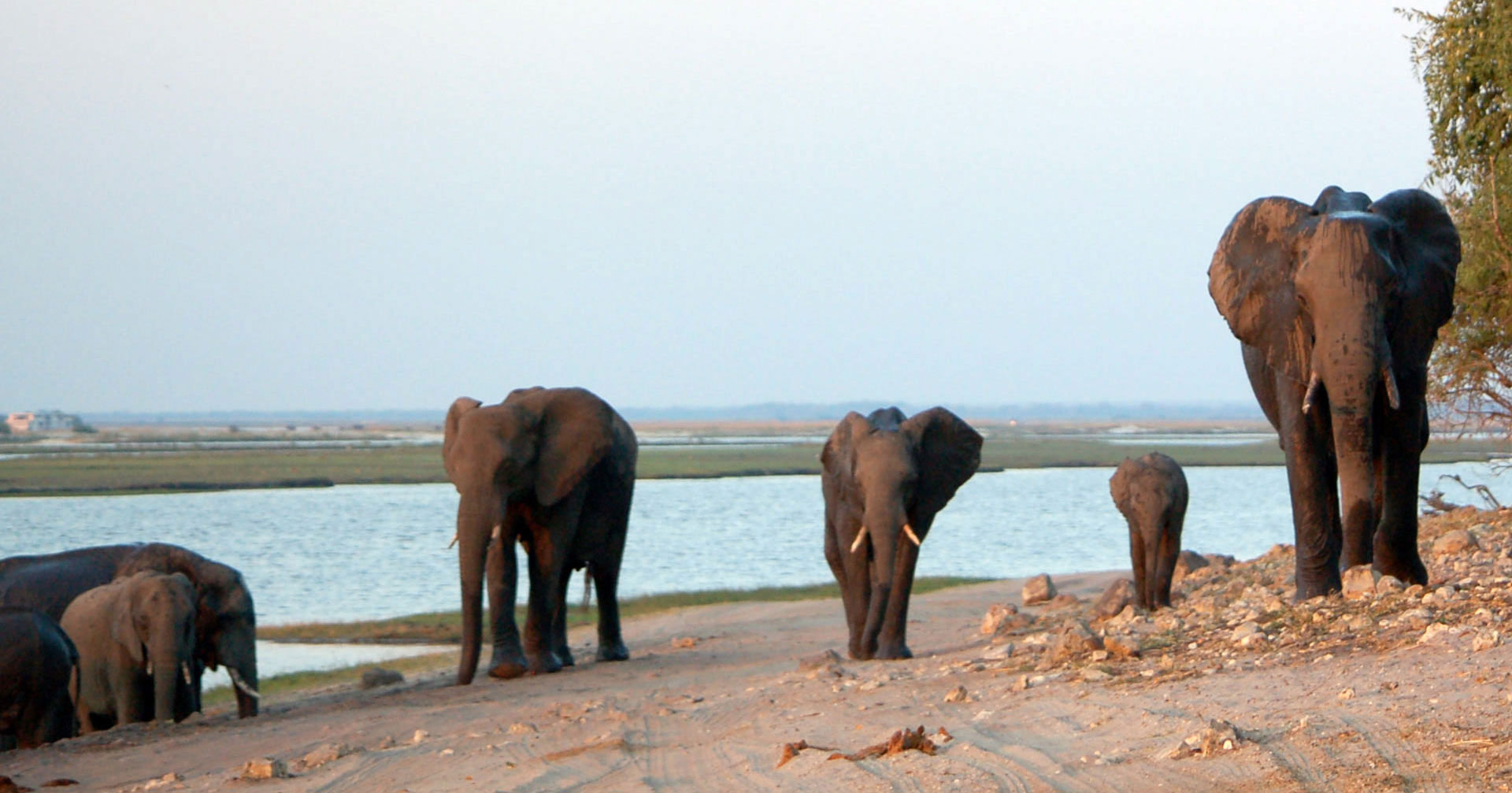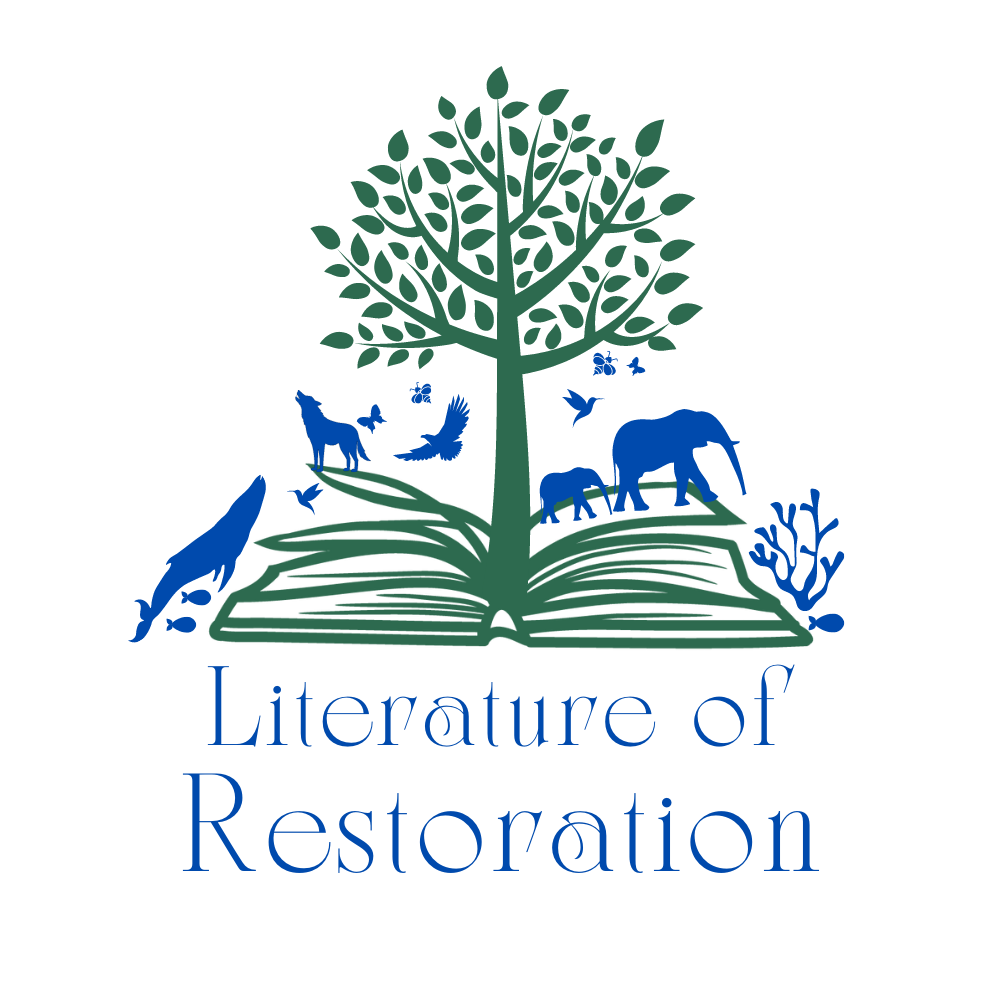Council of Elders
The Way of Council

In the old days, when a people were gravely threatened, the Chiefs, Medicine people, Shamans, and Elders called Councils. They looked for solutions to their problems by aligning themselves with the ancestors, the natural world and their wisdom traditions.
Council exists because we don’t know the answer to a profound question, because we don’t know how to proceed, because we need to reorient ourselves to the Way. Councils are usually on behalf of community, but they can also be called for individuals. Because we don’t know what to do, Council addresses a question or situation rather than answering it. When all who have something to contribute enter the conversation, we understand the situation more deeply than we did before.
Letters Outlining a Global Council of Elders
When we sit in Council at Daré, we address a question that by its nature helps us cohere community by finding common values and by sharing difficulties and visions. In the early years of Daré, we often asked questions that related to the seeming need to walk in two worlds at once. When we invaded Iraq, the questions centered upon becoming peacemakers. One month we looked at our successes and failures at being peacemakers, among our friends and family, the next month we looked at our experiences in the world. Some years ago, the environment was the essential concern and we asked how we might live ecologically sound lives and what obstacles we had to overcome to do so. In the last months, we have addressed questions about detaching from the dominant culture, about the barriers to transformation, about the call to live according to what we imagine will be a 5th World culture.
In Council we listen from the heart and respond from the heart. Listening is more important than speaking. We allow space to truly take in and integrate what has been said. There is no cross talk, no argument, disagreements or agreements. No citing of other’s authority to prove a point. No trying to convince anyone of anything. We value diversity and so honor each person’s contribution to the wisdom of the circle. Respect and curiosity are central.
There was a beloved elder, John Seeley, who always cautioned us to pause and listen before we jumped to respond; now we remember him by our willingness to be still. In the stillness, other voices arise. Rather than being the one who can’t wait to respond, who has a story that she/he must tell, who prepares a response, we also listen for other voices within us as forgotten stories may rise up, dreams may be suddenly remembered. By the time the talking piece comes to us, we may find ourselves offering the circle something entirely unexpected.
Essentially, Council makes room for everyone who has something to contribute to be heard. We depend on hearing what we might not think of ourselves. What we don’t know brings us to Council and we hope that the collective responses will bring wisdom. It not our own speaking that matters, but rather the responses of the others.
I was dismayed many years ago, when I read an academic paper by a beloved friend, an anthropologist, who repeated the phrase, “I argue…” I realized this was the academic convention. But why argue with one’s colleagues? Why not trust that one’s ideas will be happily received? Why does an academic have to prove himself or herself as opposed to openly presenting the sum of research and discover? Why not collaborate? Why not be grateful for each other’s presence?
There is also the sacred magic of the talking piece, sometimes passing from person to person, sometimes placed on the altar or in the center of the circle, so that it is available for the one who knows deeply that he/she is to speak next. When the talking piece is in one’s hands, one can speak without being interrupted or challenged. Love and trust develop among us when we want to offer something to the group, to those who are our companions on this path even though we may have just met for the first time. Offering ourselves to the group is rather different from wanting to be seen, admired, or agreed with.
Because everyone can participate, we sometimes think that Council is leaderless. This is an error. Actually, there needs to be a generous leader who carries the overview, holds space for everyone, and helps the process of gathering wisdom. The leader may comment, help focus, review what was said, already, integrate so that the potential of any given Council can be realized. The leader may be the one who presents the question and may speak first, or last, or both.
Finally, we speak in Story, that is we speak from personal experience, anecdote, event. No opinions. Ideas, yes, of one’s own, that are embedded and so verified by the story.
It took us the better part of thirteen years to integrate this way of speaking in the Topanga Daré, so that by now newcomers to Daré understand the way just by being present in the room. Then we sit with the stories that have been told for a month and are changed (not convinced) over time. The accumulation of the different stories, all the stories becoming one story of our deepest experience, is what carries us and teaches us, again, over time.
At a recent council, was discovered to everyone’s surprise that the African American man who had been incarcerated for eighteen years and was off parole for the first time in thirty years and the Métis woman psychologist were both at the same prison. He had been imprisoned there. She was working there now with serious offenders. This could have led to great clashes and conflict. But, on the contrary, they each were able to present their particular, distinct experiences to us and to each other. Each cast light on a different aspect of the prison experience. As the council / exchange developed, they concluded that they were both imprisoned and both seeking freedom.
Without their stories, we would never ever have understood their experiences. Their stories and revelations were then followed by our memories of dreams about prison and freedom that had been told in this circle over the years. We came, I think, to some real knowledge from the dance between experience and dream.
We not only engage in council at Daré and other community and communal gatherings, as our way communicating, but I (and many others connected to Daré) live by Council, particularly this form of Council which we have developed in Topanga based on Story rather than opinion or belief. When we are in trouble, we convene a Council.
Some questions fundamental to Council are: What experiences have I had that might expand our understanding of a situation or dilemma? What do I need to see so that my understanding is broader, deeper?
Starting with a question is the gift of Council. Then we remind each other, not to answer the question, but to address it. We approach it from many different perspectives. We want to shed light upon it. Because of this, I like to think that Council is round, full and inclusive.
When we were first introduced to Daré, (which means Council) by the Shona healer, Mandaza Kandemwa, he said that when we sit in council here, the ancestors are sitting in council in their realm. That is another reason we pause before we speak. We are waiting to see if the ancestors or spirits may want to speak through us. We have all had the experience of hearing something come through us that we would never have thought of – yet there it is.
We also say that when we sit in Council all the beings and the elementals are in Council with us. When we do not assume that we know, but grant that other beings also know then true wisdom can emerge. And … you never know when or from where the wisdom will emerge, so we give our attention to each person, so that we can be taken beyond ourselves.


